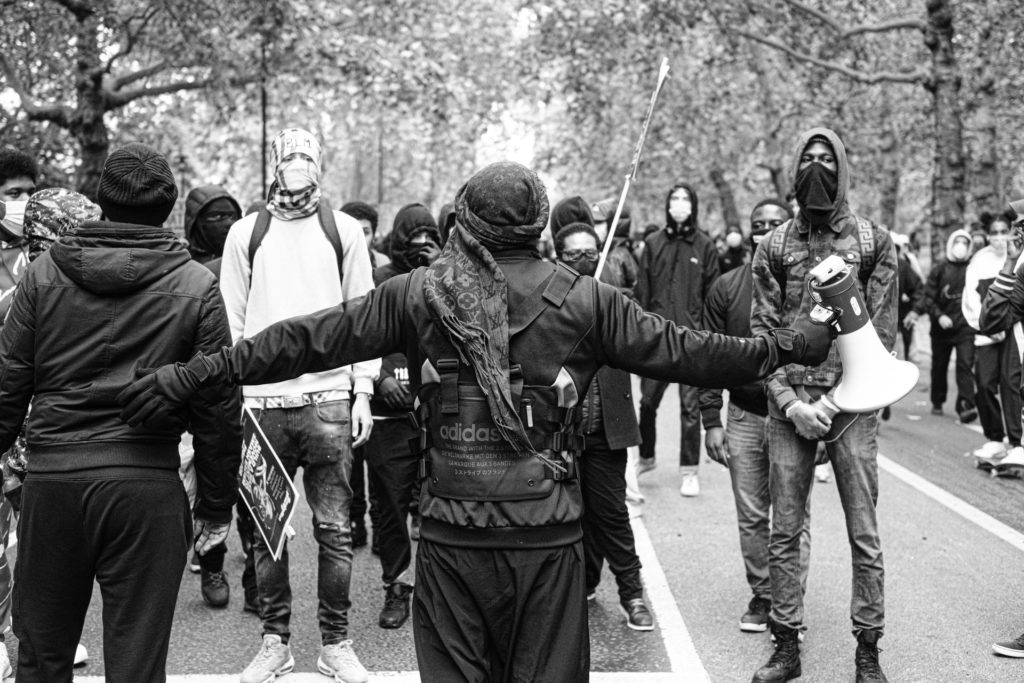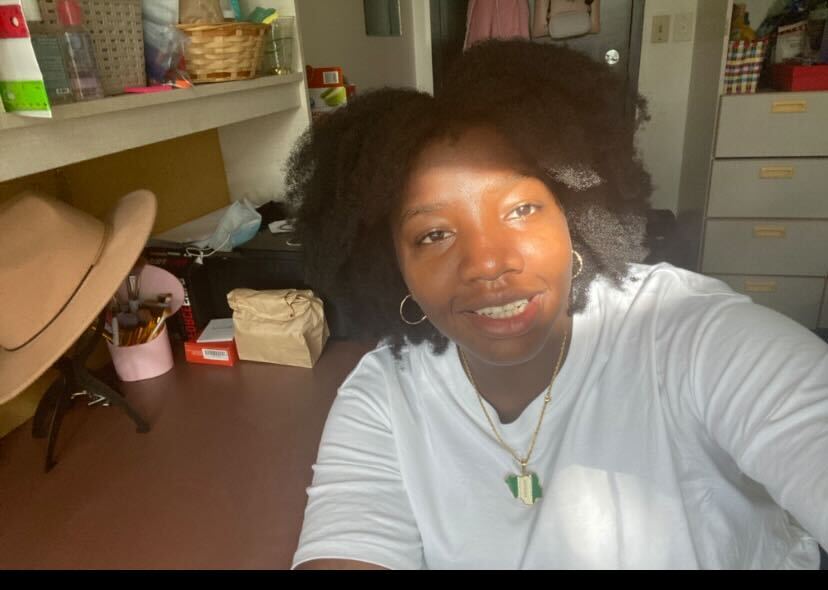
Political tolerance is defined as providing basic rights and freedoms to individuals and groups who hold opposing views.
It is a fundamental principle of a liberal democracy. It is essential in any democratic setting because it prevents a tyranny of the majority by ensuring the protection of minority rights and those who express viewpoints that do not align with the majority.
It is clearly evident that society is slowly shifting towards the need to share a majority viewpoint whilst shunning those who disagree. While I believe this unhealthy trend is unintentional, it is important that we develop tolerance as it creates a space for people to express themselves without fear of being “cancelled” or seen as outcasts because they do not agree with our views.
Tolerance doesn’t just ensure that we provide for the rights and freedom of minority views, it ensures respect, cordiality, and the need to engage in civil discussion with those who disagree with us.
You are not “woke,” and neither am I
I hate to break this fact to you, but no one is truly “woke.”
The term “wokeness” in colloquial terms shares a meaning I’d like to think most people agree with. Being “woke” could range from keeping up with current events on issues ranging from social justice movements to racial inequality, climate change, and the list goes on (all of which are amazing).
Oftentimes, people who claim to be “woke” do so because they read an article in the newspaper about the need to promote diversity, or because they posted a black screen on their Instagram page in June of 2020 to show their solidarity for the BLM movement, or because they reposted information about the farmers’ movement in India…
While this is done with good intentions in mind, it is often performative and hypocritical. The new trend of jumping on board with social movements without actively seeking ways to be intentional about contributing time, energy, or financial aid to remedy the situation at hand does more harm than good.
Performative activism has the potential to distract people’s attention from vital issues. Instead of focusing on the communities affected, it focuses on the social media “activist.” The attention turns away from creating social awareness for pressing issues towards those who want to be seen as social justice warriors.
So, how does this relate to political tolerance?
The “woke” movement is related to political tolerance because woke folks tend to think they have the most accurate depiction of political and social events because they’ve “done their research,” or read a tweet about the social issues and think they have enough information to form an opinion on current events.
And because they want to be seen as sophisticated in the eyes of the media, they are resentful and bitter toward people who aren’t up to date with current events, or those who are critical of their ways of reasoning. They maintain an uncompromising rigidity which hinders an opportunity for dialogue and exchange of ideas. As a result, a hostile environment emerges, one that discourages tolerance and effective communication.
This is dangerous because it fosters the notion that our thoughts and ideas are infallible which becomes problematic when such ideas are favoured by a majority and the minority can’t have an input.
Thriving on the assumption that our views cannot be wrong leaves no room for correction or learning and this is one of the reasons I believe that we cannot be “woke.” We cannot be “woke” because we strive to learn every day which shapes how we see the world, and if we aren’t learning constantly, then we are not as progressive as we think we are.
Key takeaways
Be compassionate
Being compassionate encompasses a deep understanding of situations or reasons why people think or act differently from us. It is slowly fading away in society, but it doesn’t have to be so.
Being compassionate enables us to educate others on issues even though we’d like to think technology has made things easier. Yes, “google is free” like some people say, but let’s not be quick to forget that a lot of misinformation exists on the internet and not everyone has access to the right tools to learn and make informed decisions.
Not everyone will accept your POV
… But that’s okay. It doesn’t mean your POV is wrong and theirs is right or vice versa. Socialization shapes how we see the world, our values, and why we think the way we do.
Accepting diverse viewpoints prevents us from limiting our knowledge to just one school of thought as it encourages critical thinking to assess the conclusions we arrive at.
When there is room for dialogue, we may notice that our ideas are challenged or we arrive at certain conclusions with faulty logic, and then we get the chance to make corrections.
The beauty in life is acknowledging that we have lived different lives, so we think differently. We should strive to encourage individuals to evaluate ideas from different viewpoints rather than focusing on what they think is right.
At the end of the day, what is right is subjective and can become tricky, but we can listen and decide whether we agree with certain ideas or not.
Enjoyed reading this post? Show your support to the SFU LYFE blog and its writers by clicking the heart icon at the bottom of this post!

About the Author
Hello there! My name is Adanna, and I am a second-year Political Science student at SFU. I am deeply committed to community involvement and the mobilization of grassroots movements to influence desired change. I enjoy poetry (and occasionally write it) and would love to read yours if that’s okay with you. I also sing and dance, so please HMU if you’d want to collaborate on a song (More like fun Karaoke).
